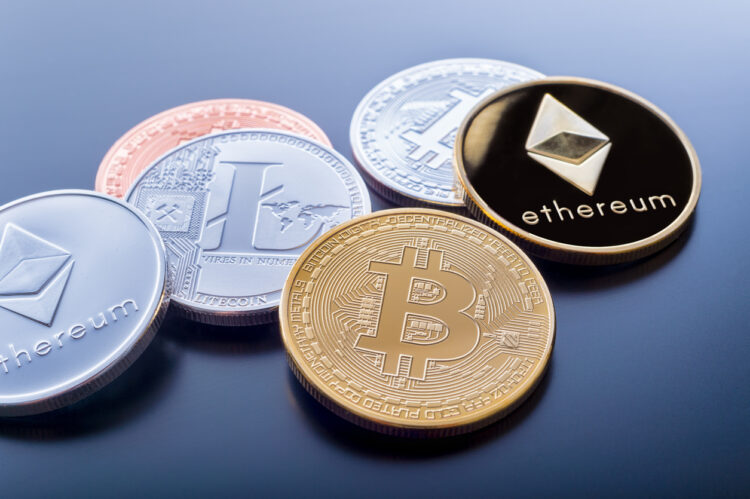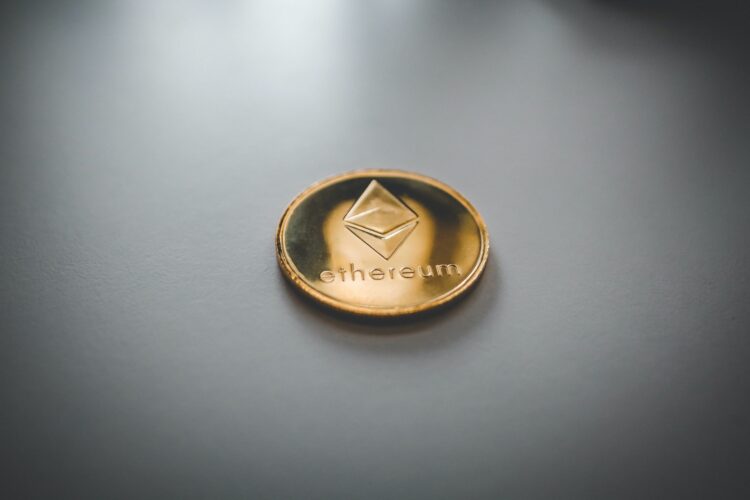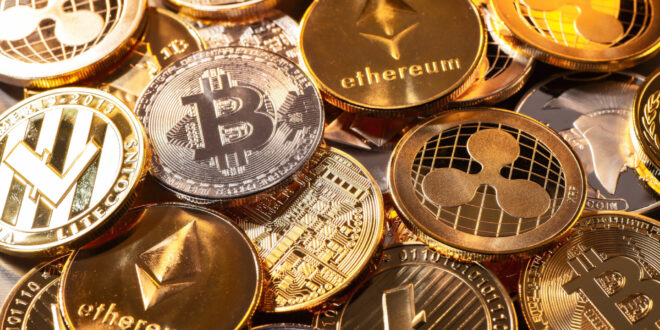In the world of cryptocurrency, we’re always looking for the next best thing. But one thing that attracts a lot of attention recently is the DeFi protocol. DeFi stands for decentralized finance, and DeFi is a service that eliminates the need for a middleman to send money from one place to another.
As opposed to using a middleman, DeFi relies on the blockchain. The special thing about DeFi is that it uses smart contracts. If you’re particularly unfamiliar with cryptocurrency, a smart contract is a concept that you will frequently hear about.
So, if you’re interested in everything there is to know about the DeFi protocol, make sure to stick around as we will explain it all.
What Is A DeFi Protocol?
One of the brilliant things about cryptocurrency, the blockchain, and smart contracts is that they all work in accordance with one another. The blockchain provides the decentralized space where a cryptocurrency can be transferred from one wallet to another using a protocol.
DeFi is one of those protocols that don’t rely on a 3rd party intermediary. Every cryptocurrency that uses the DeFi protocol is bound with the evident rise of the decentralized finance protocol. Some of the more notable cryptos that use DeFi are Synthetix Network Token, Chainlink, Dai, Aave, and many more.
The success of the protocol has positively impacted the growth of these coins. And the more these coins grow, the more the DeFi protocol grows as well.
As of the current time of writing, the protocol around has a total market capitalization of around $15 billion.
What Can You Do With DeFi?

The blockchain allows traders a decentralized space where trading is done more efficiently. And since the protocol is built on the Ethereum blockchain network, it marks the next step in disruptive financial technology.
To translate this into English, the apps that rely on the network (dApps) do not need a middleman to send and receive funds. They are exclusively peer-to-peer and every transaction has very low fees.
But that’s not all of the things that you can do with the protocol. Let’s number a few other services:
- dApps that allow traders to earn interest when sending cryptocurrencies through the protocol.
- dApps that allow you to predict an outcome and get a reward for a correct prediction.
- dApps that allow real-life market trading on precious metals.
- dApps that allow you to take part in a lottery.
And many more.
The great thing about the protocol is that you can use multiple dApps to maximize profits and minimize losses. For example, since one of the services allows you to buy cryptocurrencies, you can then lend the currencies to other users and earn interest. A great example of a token that is a DeFi protocol is CLEVER. By using the CLVA Token, you can earn up to 11% in interest. For more information, make sure to visit CLVA.
What Makes DeFi So Popular?

We mentioned it a few times but one of the more notable advantages that make the decentralized finance protocol so popular is the fact that it resides on the Ethereum blockchain. This means that there is no middleman when transferring funds. This works in favor of traders that want to maximize profits.
If there is anything we know about the blockchain is that it is completely anonymous. This means that no one knows your identity nor will they ever find out about it.
Since there is no need for a bank, it eliminates the risks that come with putting your trust in these financial establishments. But with all that said, the biggest difficulty that protocols such as DeFi face are the hostile financial environment. Policies rarely shift in favor of cryptocurrencies, meaning that there will always be legislation working against it.
Fortunately, there seems to be a shift in power as the SEG recently approved the DeFi protocol to be used for the first time. But the recent approval of was all because of one thing; big-name players getting into crypto.
As of the current time of writing, many high-street financial institutions are slowly implementing DeFi as a means to minimize fees and increase transfer speed. The total number of banks that have so far used the protocol is 75. This includes some of the most notable players in the industry such as ANZ, JP Morgan, Royal Bank of Canada, and Interbank.
The need for faster payments is why DeFi was even used in the first place by these banks.
Benefits of DeFi

Being based on the Ethereum blockchain means that DeFi leverages key principles that ultimately benefit all users. These benefits are tied towards financial security, speed of transaction, ease of integration, etc. Let’s explain what all this means.
Transparency
If you don’t know how the Blockchain works, then bear with us. While the blockchain is totally anonymous, everyone can see all the transactions happening in real-time. As a matter of fact, users actively verify each transaction by simply using the network. Since we have access to such huge amounts of data, it actually makes it possible for data experts to analyze such data. To put it shortly, everyone can see what’s going on, everyone can interact with it, and everyone is anonymous.
Security

Although everyone can see the data and analyze it, the data is actually tamper-proof. The blockchain is highly secured where hacking or hijacking of transactions is virtually impossible. Such high security makes it possible for larger banks to feel much safer when transferring huge sums of cryptocurrency.
Programmability
The decentralized space isn’t a perfect one. But what the protocol allows, since it resides on the Ethereum blockchain network, is greater programmability. Users can develop smart contracts that, in turn, create new dApps and tools to perfect the protocol. These digital assets all incorporate the same core beliefs as the Ethereum blockchain network. This means that the tools and dApps will be fast, secure, low fees, etc.
Some of the areas where DeFi is used is in asset management, compliance, DAOs, data analytics, developing blockchain tools, and even gaming.
 Hi Boox Popular Magazine 2024
Hi Boox Popular Magazine 2024



